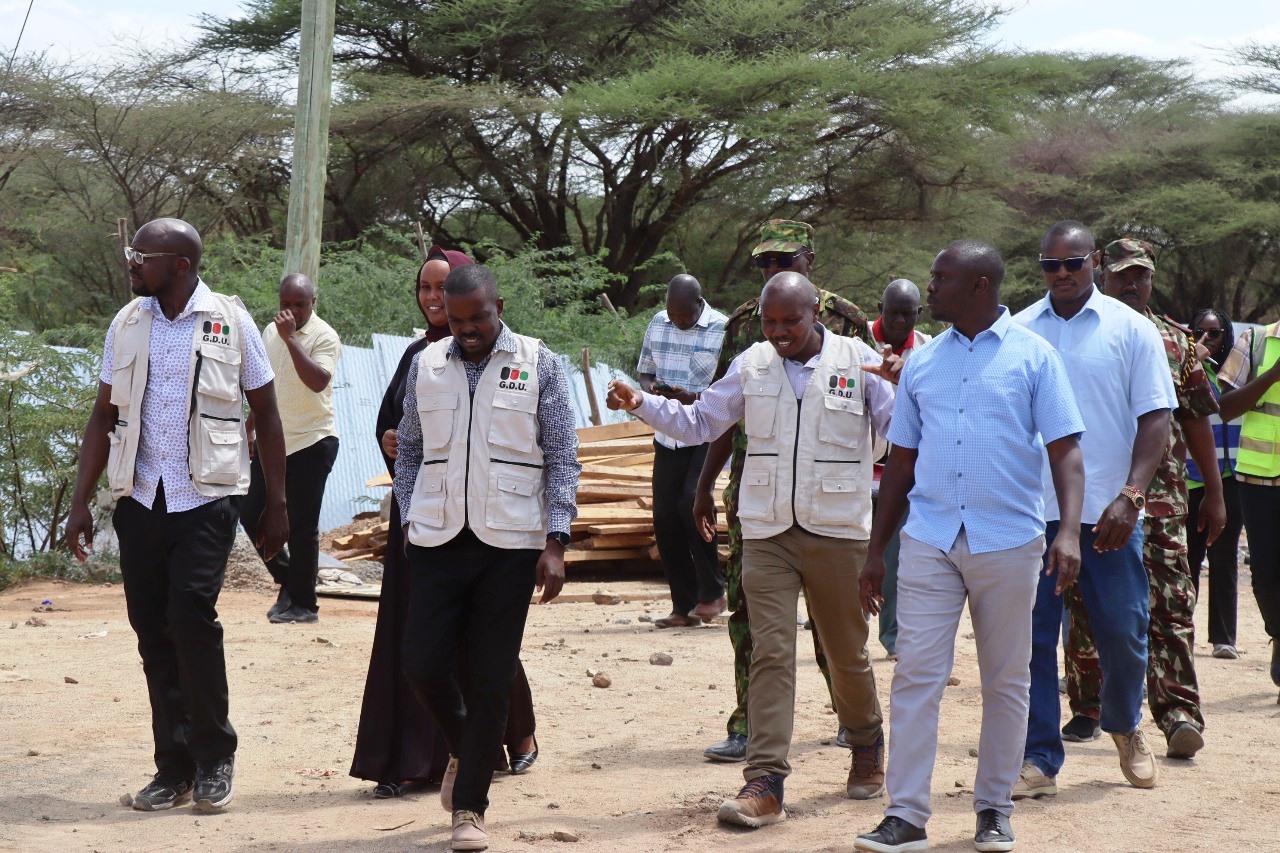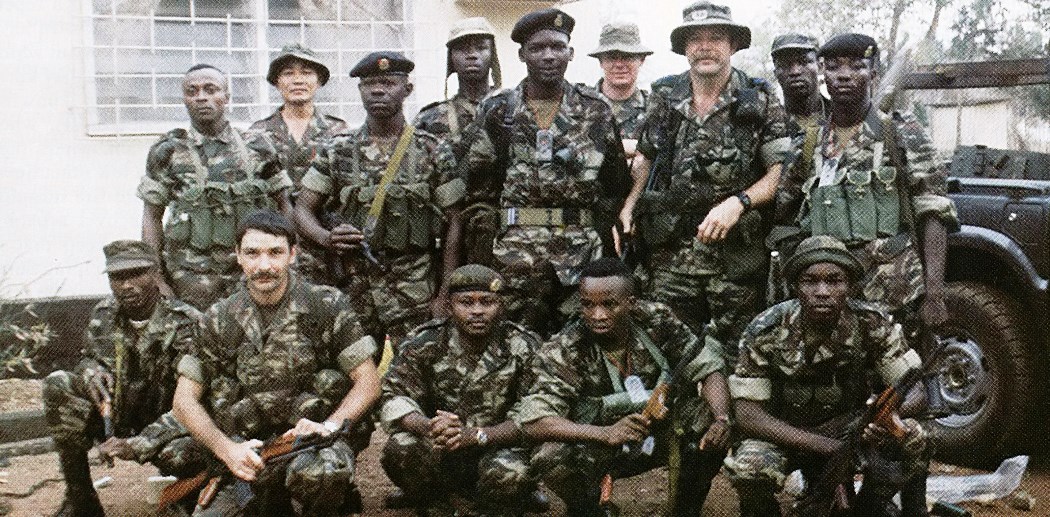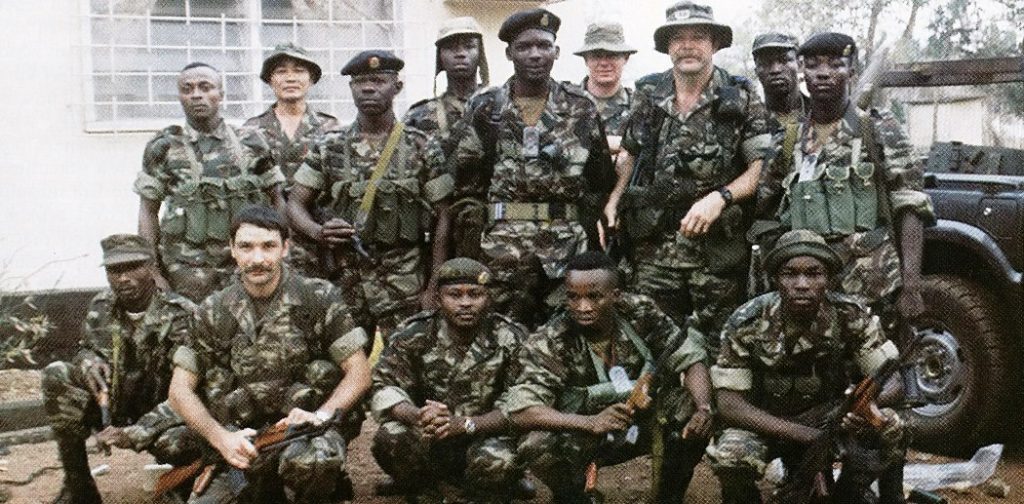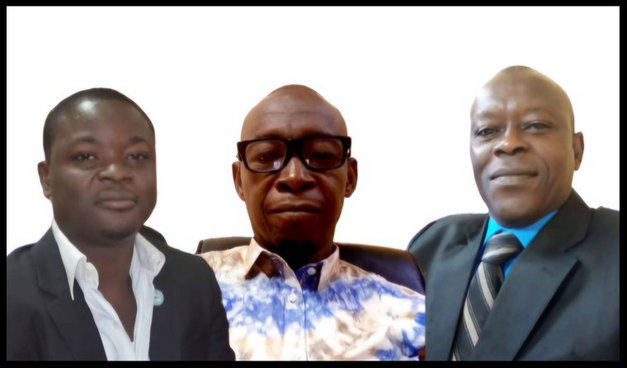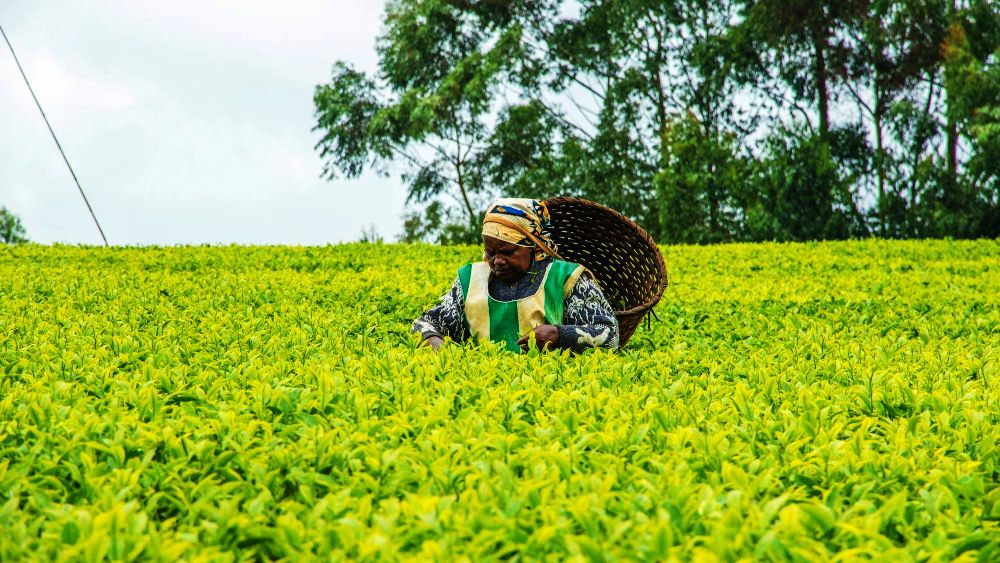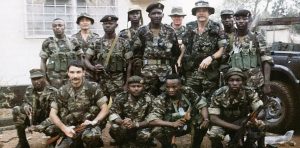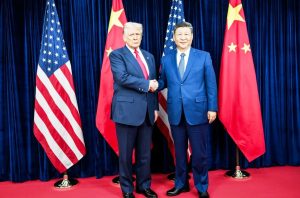Russian mercenaries popularly known as Wagner Group were reported to have been providing security to the president and government officials in the Central African Republic. They also trained government forces. PHOTO/UGC.
By PATRICK MAYOYO
A new UN report has raised alarm over the expanding role of mercenaries and private military security companies (PMSCs) in both conflict and peace-time activities, warning that these actors are increasingly being used as proxies, enablers, and facilitators of violence, human rights violations, and political repression.
The UN Working Group on Mercenaries, in its latest briefing to the General Assembly, expressed deep concern over the growing reliance on mercenary-related actors in counter-terrorism efforts, organised crime, humanitarian operations, and even in efforts to suppress opposition in peaceful settings.
Jovana Jezdimirovic Ranito, Chair of the Working Group, highlighted the danger these actors pose to international peace and security, noting that they often operate in legal grey zones, bypassing international law and evading accountability for their actions.
“We are deeply troubled by the increasing use of these actors, not just in armed conflict but also in situations of peace. They are often key perpetrators of violence and repression, and their operations result in severe harm to civilian populations,” said Jezdimirovic Ranito. “Mercenaries and their associated entities are not neutral; they are active participants in conflict and instability.”
The report underscores the growing trend of state-sponsored military companies, which blur the lines between national military forces and profit-driven private entities. This trend, the experts warn, undermines state sovereignty and poses a direct threat to the international order.
The Working Group also highlighted the growing use of digital platforms for recruiting mercenaries and facilitating cyberattacks, further complicating efforts to bring perpetrators to justice. These developments, according to the report, are exacerbating global instability and making it harder to hold those responsible to account.
Widespread abuses, including massacres, torture, sexual violence, and forced displacement, have been documented as the result of these actors’ activities. The report stresses that while mercenaries are often framed as peripheral to conflicts, they are in fact critical to the initiation and escalation of violence.
The report also pointed to the expanding scope of mercenary activity, which is no longer confined to traditional warfare. Private military contractors are increasingly involved in fighting organised crime, providing private security for infrastructure, facilitating human rights abuses, conducting cyber operations, and even influencing political landscapes through covert means.
The Working Group has called on the international community to strengthen measures to prevent and penalise the use of mercenaries and PMSCs, urging the UN and member states to adopt coordinated efforts to safeguard human rights and ensure accountability.
The experts stressed the importance of improving legal frameworks and international cooperation to tackle the rising threat of mercenaries, private contractors, and other related actors.
“Mercenaries and their affiliates are no longer just a problem in armed conflict; they are a threat to human rights, sovereignty, and international peace,” the experts concluded.
The report, which was prepared by the Working Group during its most recent session, also offered a series of actionable recommendations for states and international bodies to ensure stronger enforcement of international law and human rights protections.
Jovana Jezdimirovic Ranito led the Working Group, supported by Ravindran Daniel, Michelle Small, Joana de Deus Pereira, and Andrés Macias Tolosa. The report is a critical reminder of the growing and evolving challenges posed by mercenary-related actors across the globe.
